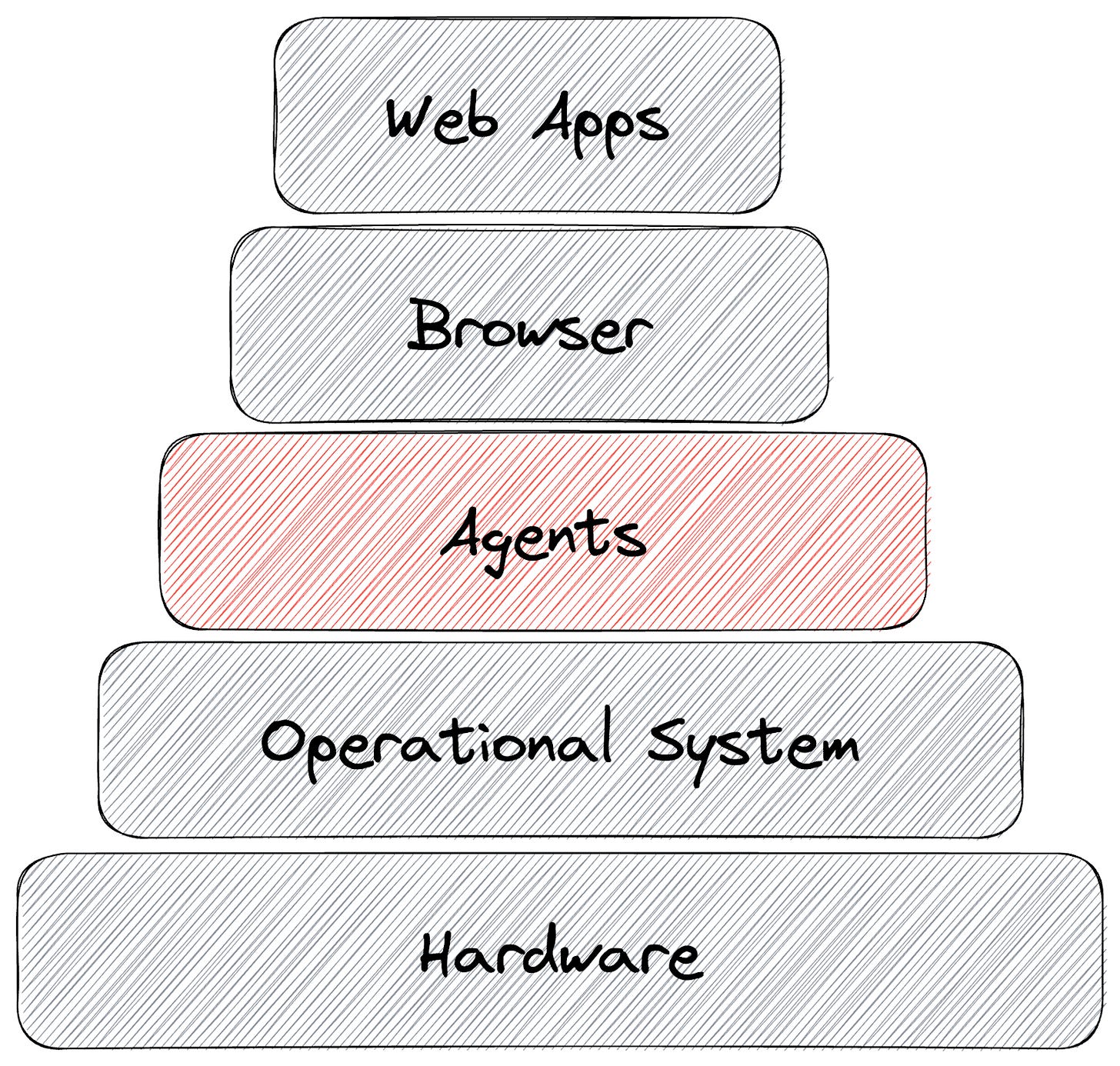The AI wars are heating up. Google and Microsoft are in an open war for the future of many industries, including search. Apple remains quiet even with all this noise, but they are well positioned to win big in the age of AI.
Apple seems to have fallen behind the other giants when the topic is AI. Siri is a joke if compared with ChatGPT. There are rumors that a new version is in the works, but I would not hold my breath for it. I don't think they will be able to compete with the likes of OpenAI so soon. Even Google is struggling to keep pace.
The success of ChatGPT shows the big user interest in personal chat assistants that work. The idea is not new and has been tried many times but never cough on. Siri was released in 2011, for example. The value proposition of an intelligent assistant is compelling, but the execution is extremely hard. Now that OpenAI proven it's possible, many companies will follow. Apple will be one of them.
Assistants will be a huge software category, as big as Browsers are today. This is significant because whoever controls the Assistant will control a big chunk of user interactions because it is upstream from almost everything. You would interact with your computer by asking it to do things for you.
Here are the current platform layers:
App > SO > Hardware
Each upstream layer has a lot of power over the downstream layers. This is why it was so important for Google to have Chrome and Android. Since apple controls Safari which is the main Browser in iOS, Google needs to pay them U$15B per year to be the default search engine.
With AI Assistants becoming the main interface between users and their devices, we will have an extra layer:
We are seeing the beginning of this with ChatGPT plugins. Instead of searching and clicking to book a flight ticket, you can ask ChatGPT to do it for you. The agent will sit between you and other services, doing tasks on your behalf. Google is such a powerful business because it works as a middleman between you and the web. For many of your interactions with the web, Google is the first step. Companies that control the AI Agents will be even more powerful because they will control the full workflow, not only the first step.
The three companies best positioned to win the AI assistant race are Google, Apple, and Microsoft. Each of these tech giants possesses a distinct advantage in that they own and develop popular operating systems—Android, iOS, and Windows, respectively. This control over operating systems allows them to deeply integrate their AI assistants, providing seamless and native experiences for users. As a result, Google Assistant, Apple's Siri, and Microsoft's Cortana have the potential to become integral parts of users' daily interactions with their devices. This deep integration also facilitates the collection of valuable user data, which can be used to improve AI algorithms and personalize experiences. However, each company must overcome unique challenges, such as competition, privacy concerns, and user experience, to ensure that their AI assistant becomes the go-to choice for users in an increasingly competitive landscape.
Google, despite being a leader in AI technology, is facing challenges keeping pace with OpenAI and its groundbreaking ChatGPT. Google's own AI assistant, Google Assistant, has proven to be a powerful tool, but the company's recent competitor to ChatGPT, dubbed Bard, appears to lag in performance. As Google confronts the hurdle of staying competitive with OpenAI, it must leverage its vast data resources, comprehensive ecosystem, and commitment to research and development to refine Bard and bridge the gap. To reassert its dominance in the AI assistant landscape, Google needs to address privacy concerns, enhance user experience, and build strong third-party integrations while also focusing on the development of a more advanced, competitive AI assistant.
Apple, despite currently lagging in AI advancements, remains a formidable contender with its strong hardware-software integration and a loyal user base. While Siri may not currently rival ChatGPT, Apple's history of innovation suggests that they could still make significant strides in AI assistant development. To become a frontrunner, Apple must refine and revolutionize Siri, capitalize on its existing ecosystem, and prioritize privacy and user experience to capture the market's attention.
Microsoft, a tech giant with a strong presence in the enterprise market, has strategically invested $10 billion in OpenAI for a 49% stake, positioning itself to benefit from OpenAI's cutting-edge technology. This partnership enables Microsoft to integrate OpenAI's advanced AI capabilities, such as ChatGPT, into its suite of Windows and Office products. By providing seamless, business-focused AI solutions and leveraging its established relationships in the enterprise sector, Microsoft has the potential to promote widespread AI assistant adoption. To succeed, the company must continue enhancing its AI offerings, tailoring solutions to both consumer and enterprise needs, and building strategic partnerships that enrich its AI ecosystem and empower users with powerful AI-driven tools.
In conclusion, the AI wars have intensified as tech giants Google, Apple, and Microsoft vie for dominance in the burgeoning AI assistant market. As AI assistants become increasingly integrated into users' daily lives, the competition to become the preferred choice will only grow fiercer. Google, with its vast data resources and ecosystem, must address privacy concerns and improve its AI offerings to compete effectively with OpenAI. Apple, while currently lagging in AI, can leverage its hardware-software integration and focus on user experience to make a comeback. Meanwhile, Microsoft has strategically aligned itself with OpenAI, positioning the company to capture the enterprise market with powerful AI-driven solutions. The AI assistant landscape is evolving rapidly, and the company that can successfully address user concerns, innovate, and provides seamless, transformative experiences will ultimately emerge victorious in this high-stakes race.






Great insights!